Categories
Tags
-
#asphalt plant
#stationary asphalt plant
#mobile asphalt plant
#Batch mix asphalt plant
#Drum Mix Asphalt Plant
#asphalt plant cost
#asphaltplant
#coldmixasphaltplant
#mini mobile asphalt plant
#mobileasphaltplant
#asphalt plant in South Africa
#reliable asphalt plant
#asphalt plant supplier
#asphalt plant in Indonesia
#asphalt plant price
#stationary asphalt batching plant
#asphalt plants
#asphalt production plant prices
#mobile asphalt plant cost
#asphalt plant manufacturers
#asphalt batching plants
#batch mix plant
#buy asphalt plant
#asphalt batch mix plant manufacturer
#asphalt batch mix plant price
#portable asphalt plant
#mobile asphalt mixing plant
Archives
Ensuring Compatibility of AMP Modules in Asphalt Mixing Plants
-
Posted by Macroad AsphaltPlant Filed in Business #asphalt plant cost #asphaltplant #asphalt plant supplier #asphalt plant in Indonesia 88 views
After understanding "asphalt mixing plant amp adalah" and confirming the function of the AMP module, it becomes essential to evaluate its compatibility with the main unit of the asphalt mixing plant. If the AMP module is installed later—such as upgrading to an intelligent metering AMP for older equipment—there may be compatibility issues with the main unit's control system. Conversely, if it is an original configuration, it's important to verify whether it can adapt to various production scenarios, such as modified asphalt production or ordinary asphalt production. This article explores how to verify the collaborative operation of the AMP module and the main unit while evaluating the costs and benefits of module upgrades.
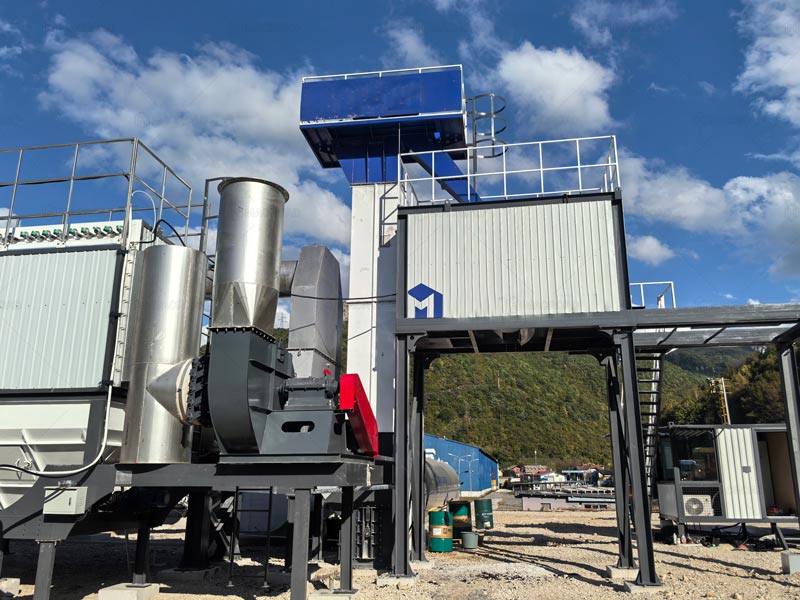
Assessing Compatibility with the Main Unit
Compatibility between the AMP module and the main unit is crucial for the efficient operation of the asphalt mixing plant. When planning an upgrade, enterprises should first assess whether the AMP module aligns with the existing control systems. This is particularly important for older equipment, where legacy systems may not integrate well with new technology.
To ensure compatibility, businesses should request detailed technical specifications from suppliers. Understanding the control protocols, communication interfaces, and operational parameters of both the AMP module and the main unit will allow for a smoother integration process. This proactive approach helps identify potential incompatibilities early, minimizing disruptions during installation.
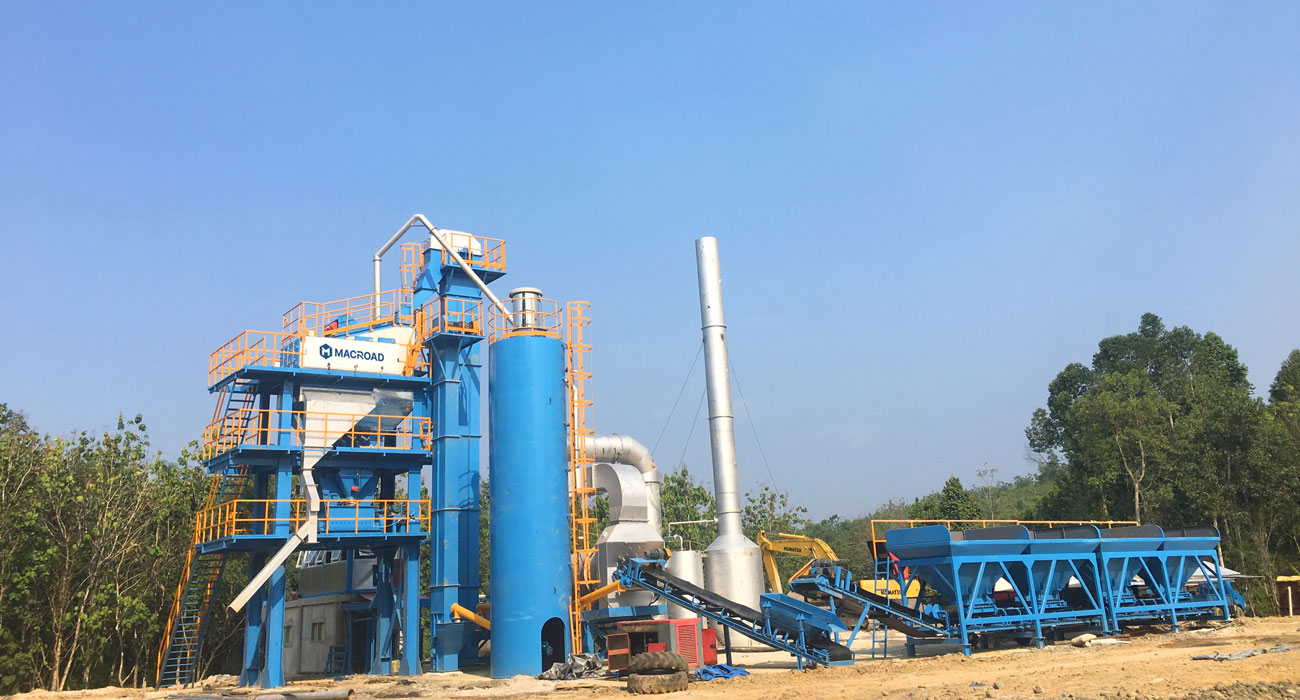
Verifying Production Scenario Adaptability
In addition to compatibility, it's essential to confirm whether the AMP module can adapt to different production scenarios. Asphalt production can vary significantly, requiring flexibility in the equipment used. For example, producing modified asphalt may necessitate different settings compared to standard asphalt mixes.
Enterprises should evaluate the AMP module's performance in diverse production conditions. Testing the module's capabilities in real-world scenarios will provide insights into its functionality and adaptability. Businesses can conduct simulations to assess how the AMP module responds to varying production demands, ensuring that it meets specific operational needs.
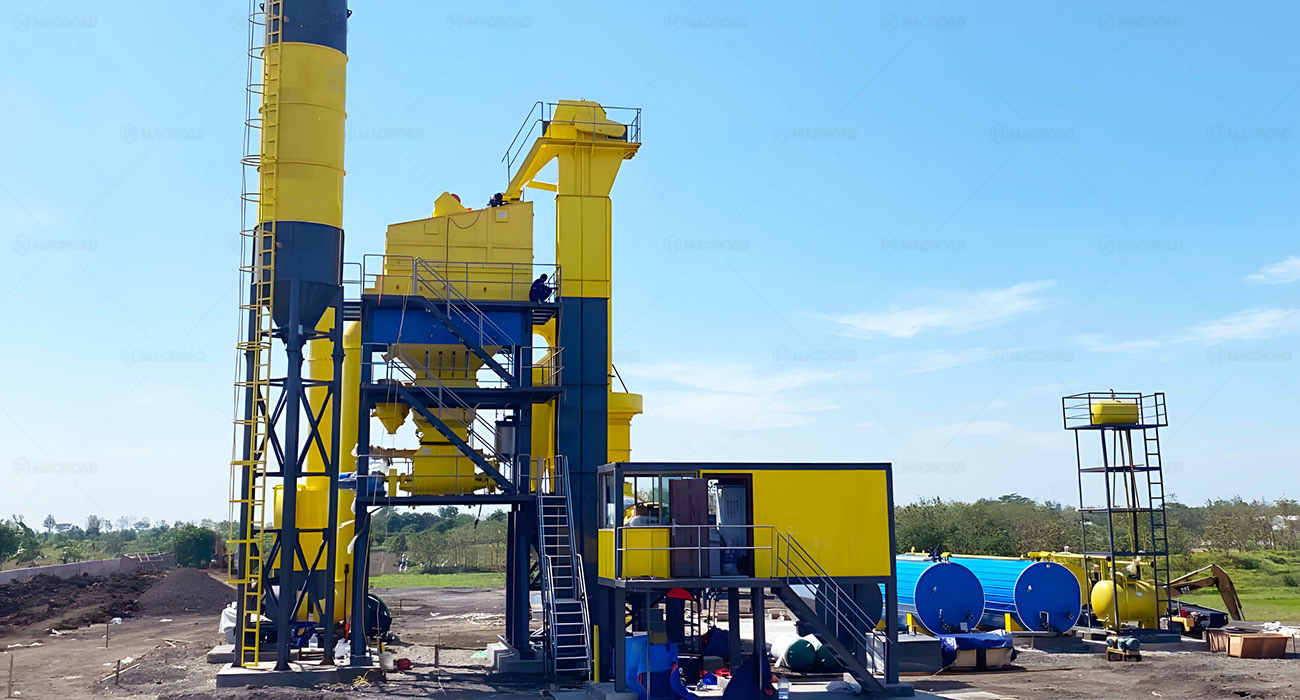
Testing Collaborative Operation Effectiveness
To verify the collaborative operation effect of the AMP module and the main unit, conducting thorough testing is vital. This includes simulating the module's response speed and data transmission accuracy under different production conditions. By running these tests, enterprises can gather crucial data on how well the AMP module integrates with the main unit and whether it meets performance expectations.
Documenting the results from these tests allows for informed decision-making regarding potential upgrades. If the tests indicate compatibility and effective collaboration, businesses can proceed confidently with the installation. If issues are identified, adjustments can be made before finalizing the upgrade, ultimately saving time and costs.
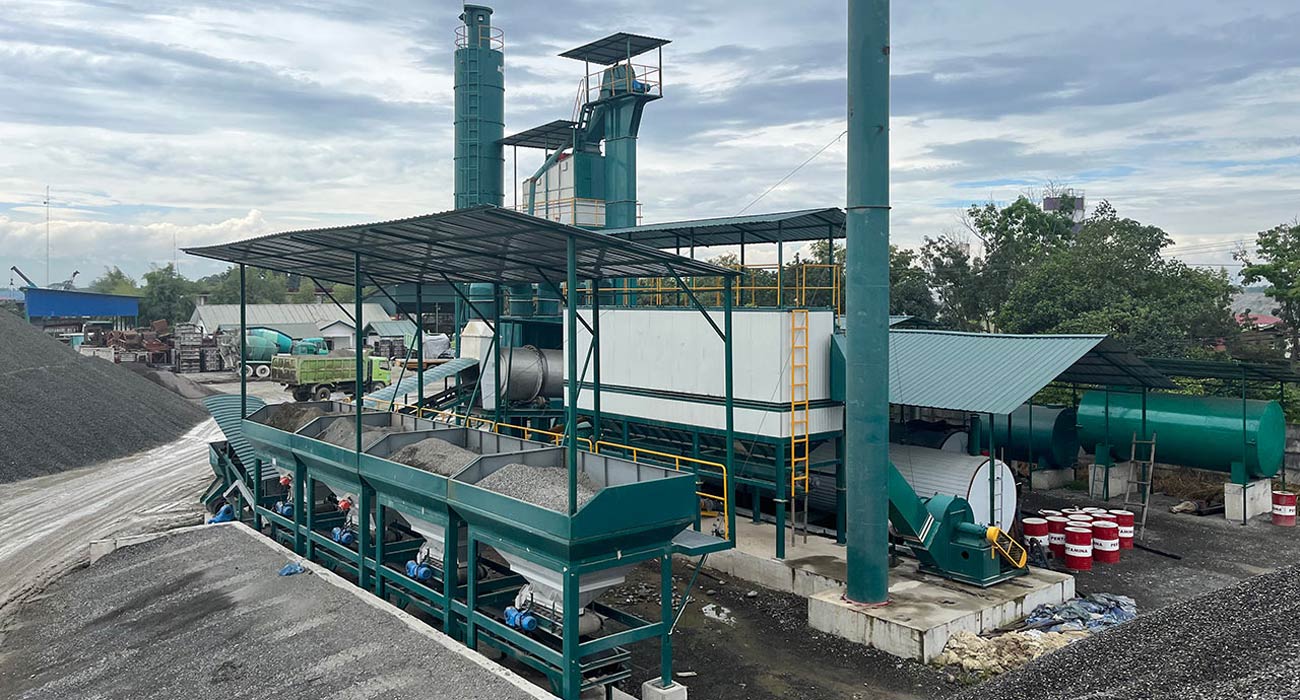
Evaluating Cost and Benefit of Upgrading
While ensuring compatibility and effectiveness is essential, evaluating the cost and benefit of upgrading the AMP module is equally important. Enterprises must weigh the investment against the anticipated improvements in production efficiency, accuracy, and quality. This evaluation should include a comprehensive analysis of potential downtime during installation, training costs for personnel, and any long-term maintenance requirements.
By conducting a thorough cost-benefit analysis, businesses can make informed decisions that align with their operational goals. This strategic approach not only enhances the overall efficiency of the asphalt mixing plant but also minimizes the risk of operational failures or low upgrade cost-effectiveness due to compatibility issues.
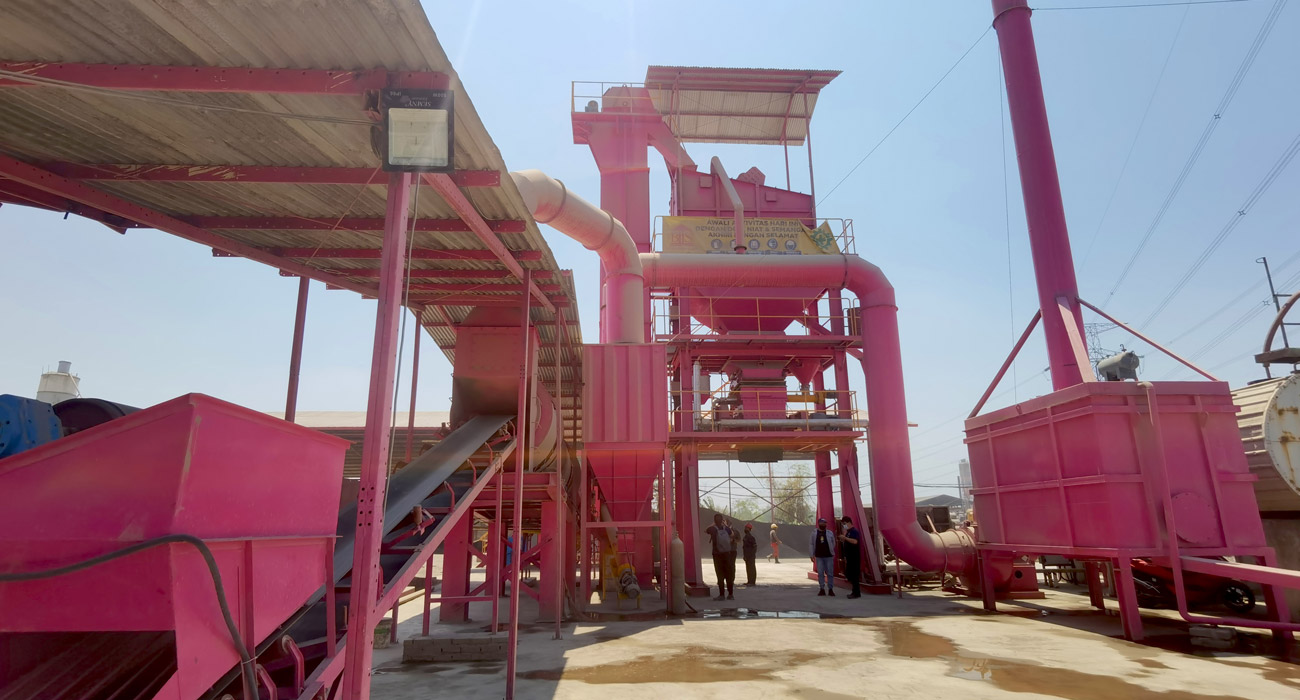
Leveraging Local Expertise with Macroad
For companies operating in regions like Indonesia, partnering with local suppliers such as Macroad provides additional advantages. With a local office, Macroad can offer tailored solutions that align closely with regional conditions and requirements. Their expertise ensures that businesses receive timely support and relevant information, making the procurement process smoother.
By leveraging Macroad's local insights, enterprises can enhance their decision-making regarding AMP modules and other components, ensuring that they choose solutions that best fit their operational needs. This localized approach ultimately leads to more efficient and effective asphalt production processes.
Conclusion
In summary, after understanding asphalt mixing plant amp adalah and confirming the function of the AMP module, it is vital to assess compatibility with the main unit and adaptability to various production scenarios. Through testing and thorough evaluation of costs and benefits, businesses can ensure successful integration of the AMP module. Partnering with local experts like Macroad further enhances this process, providing valuable insights and support tailored to specific regional needs. This comprehensive approach ensures efficient operations and optimizes the performance of asphalt mixing plants.




